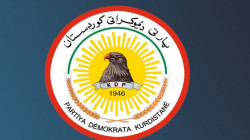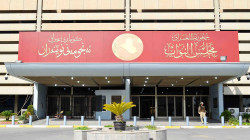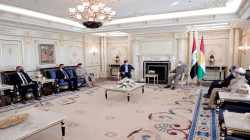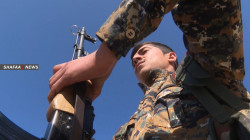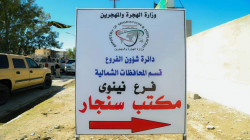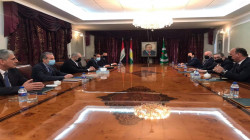KDP's bid to restore headquarters sparks controversy in Kirkuk
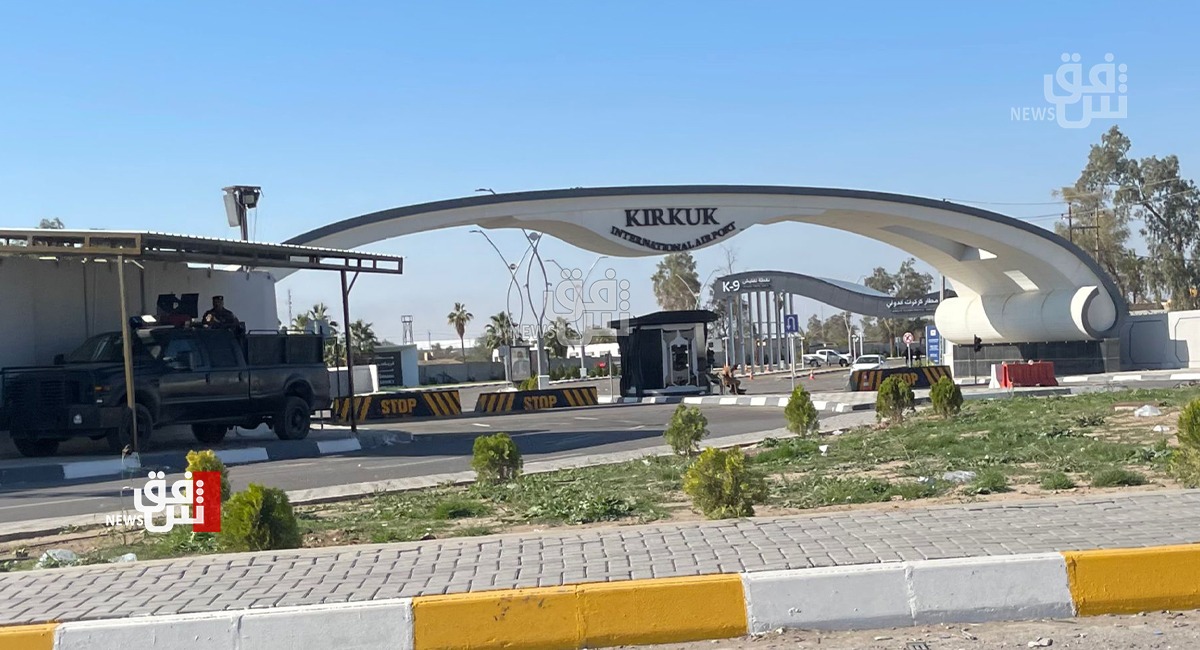
Shafaq News / Amidst escalating political tensions, the Kurdistan Democratic Party (KDP), led by Masoud Barzani, is actively pursuing the restoration of its headquarters in Kirkuk, a move met with resistance from the Turkmen Front and the Arab Alliance. As the region prepares for upcoming provincial council elections, this maneuver has introduced a complex layer of discord into the already fragile political landscape.
In October 2017, federal forces undertook a significant recapture of Kirkuk and nearby disputed territories, previously under Peshmerga control. This action followed the Kurdistan Region's quest for independence, forcing the Democratic Party to permanently vacate 33 of its crucial headquarters, including the strategically important advanced operations center in Kirkuk.
The effort to regain control of the party's Kirkuk headquarters and territories outlined in Article 140 is a key element of the State Administration Coalition agreement. This agreement led to the formation of the government under Mohammed Shia Al-Sudani, with provisions involving the transfer of administrative authority to a local police unit comprised of the original city residents.
Introduced in September 2023, the State Administration Coalition is a complex alliance uniting Shiite forces (excluding the Sadrist Movement), Sunni forces represented by the "Azm" and "al-Siyada" alliances, and the major Kurdish parties - the Kurdistan Democratic Party and the Patriotic Union of Kurdistan (PUK). Additionally, the Christian community is represented by the Babylon Movement.
However, Jiay Taimur, a KDP MP, emphasized that despite agreements with Baghdad regarding the recovery of their former headquarters in Kirkuk, various groups with political or military affiliations continue to obstruct their return to the governorate.
Taimur stressed that "hindering the KDP's reestablishment in Kirkuk not only disrupts the political process and agreements between regional and federal governments but also undermines the harmony between the KDP and the State Administration Coalition."
Calling on the federal government, the KDP representative urged "strict enforcement of the law, removal of obstacles and protests, and the recovery of party headquarters in Kirkuk, as well as in Nineveh governorate - a territory currently under the influence of political groups and organizations."
It is worth noting that dozens of individuals blocked the road connecting Kirkuk and Erbil, refusing to hand over the joint operations headquarters in Kirkuk to the KDP. Protesters have threatened to set up protest tents and have called on the government to reconsider its decision.
On the other hand, political analyst Mohammed Zangana noted that "the decision by Al-Sudani to allocate these headquarters to the KDP has prompted militias to organize what they call 'protests,' manifesting as roadblocks and acts of disobedience to prevent the entry of Peshmerga forces into Kirkuk."
Zangana observed that these militias are well aware that the KDP's resurgence in Kirkuk could potentially motivate the city's residents to voice concerns about inadequate services, political instability, and existing security threats, ultimately leading to calls for the return of Peshmerga forces to maintain the city's stability.
Conversely, political analyst Qusay Kamel Al-Ajeeli from Kirkuk affirmed that "the decision to transfer the joint command headquarters in Kirkuk to the KDP has prompted the Arab component to stage protests as an expression of their dissatisfaction."
He elaborated, saying, "This decision appears to have materialized through political agreements between the Coordination Framework and Kurdish parties during the formation of the current government. If this decision persists, demonstrations are likely to continue until it is revoked, as it faces outright rejection from both the Arab and Turkmen components."
Situated at the intersection of diverse Kurdish, Turkmen, Arab, and Christian communities, Kirkuk remains one of Iraq's most disputed regions, marred by ongoing disputes between the central government in Baghdad and the Kurdish authorities in Erbil.
Marking a significant moment, the upcoming provincial council elections, the first since 2005, loom over Kirkuk. With only one electoral cycle since 2003, the city's political landscape is poised for a significant transformation. Scheduled for December 18, these elections will cover 15 Iraqi governorates, excluding the Kurdistan Region (KRI). Expected to involve approximately 15 million voters, these elections have the potential to reshape Iraq's political dynamics significantly.
In the context of these elections, the KDP's participation in Kirkuk's provincial council race holds particular significance. Fielding a slate of 30 individuals, the party's candidates aim to represent Kirkuk's diverse national and religious communities.
Furthermore, while Article 140 of the constitution, ratified in 2005, was intended to guide Kirkuk's future through a three-stage process - normalization, a census, and a local referendum - these steps have remained stalled due to prolonged political discord.
